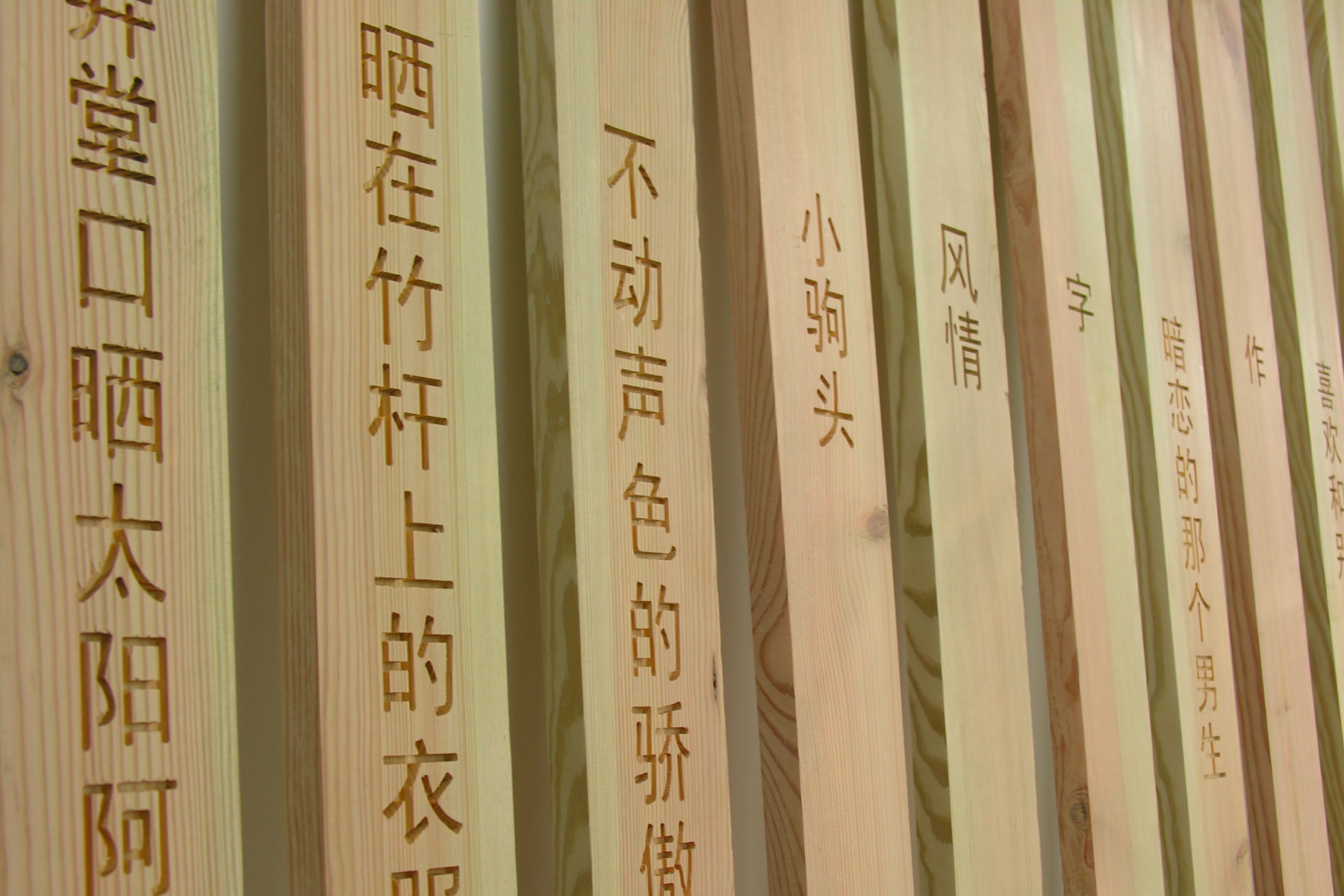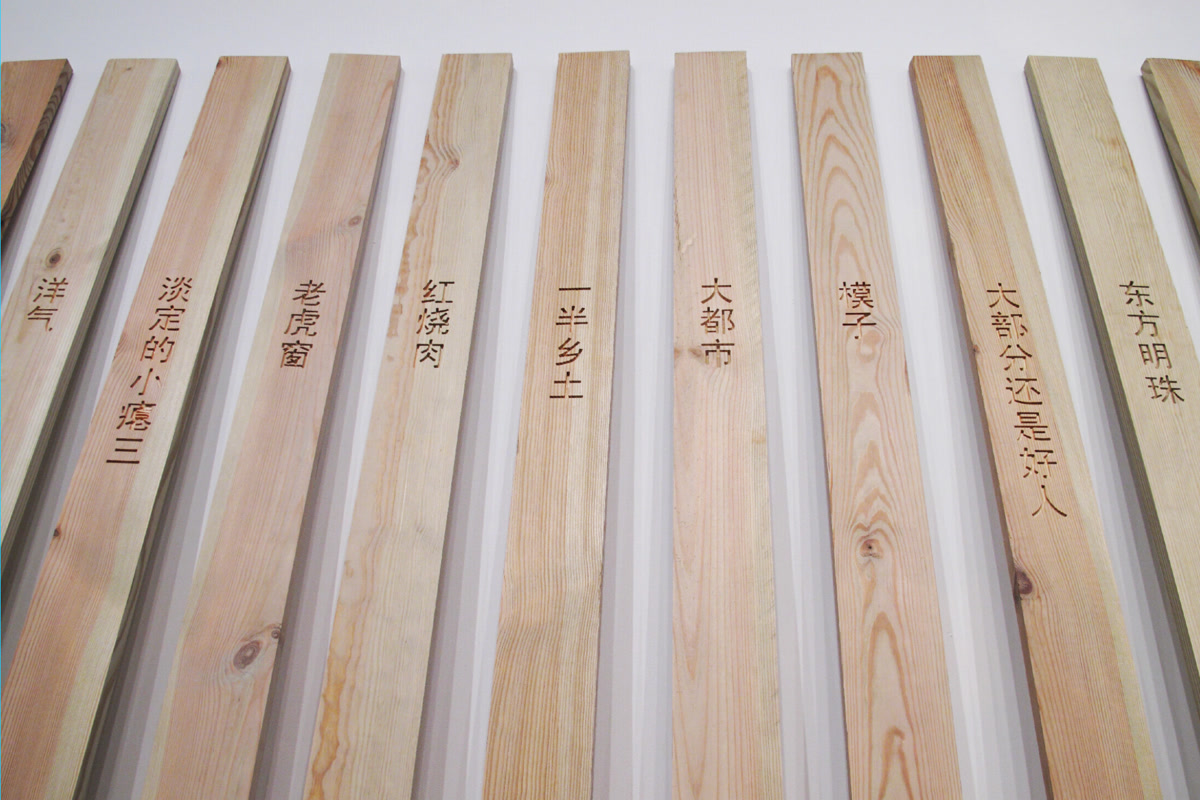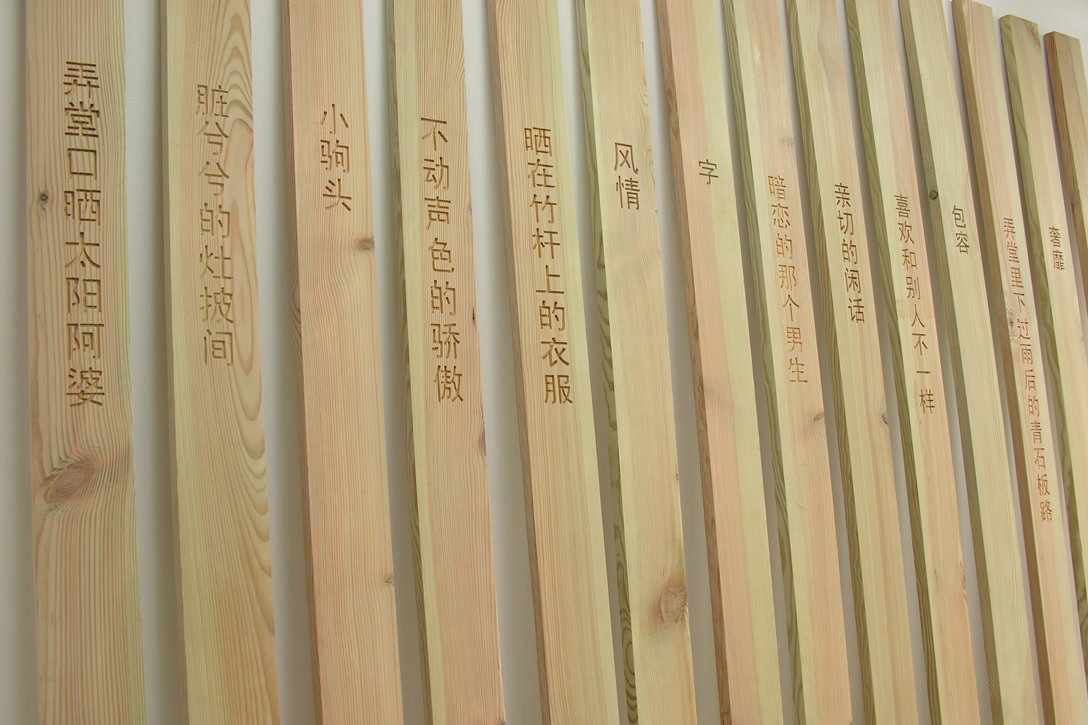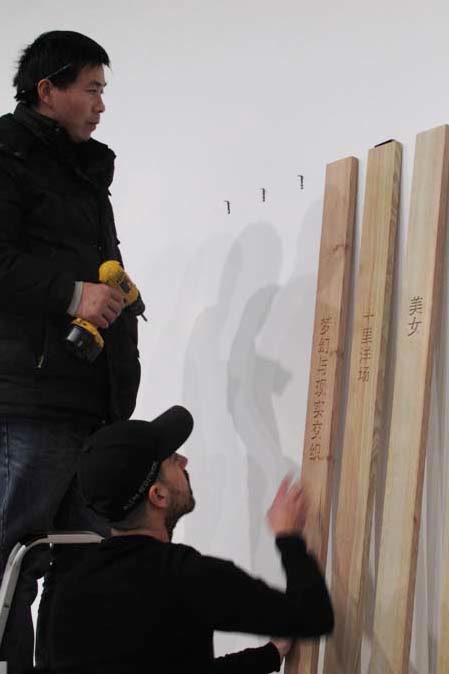The Novel of Shanghai is a relational project specific to the city of Shanghai. Through a media campaign aimed at engaging citizens and all individuals who traverse the Chinese megacity daily, people will be asked to send a word that represents the essence of the city or reflects their personal experience of moving through it.
The choice to ask for a "word" from each person highlights the profound differences between European and Chinese cultures. It also proposes, through this dual exploration of the Chinese language (which, as the father of modern Chinese linguistics Yuan Ren Chao argued, is not composed of words), and the city, a territory for meeting and exchange in the novel. The central focus of the work is the Chinese writing system as a powerful unifying element amidst linguistic fragmentation and as an iconic language system.
Indeed, the written Chinese language has the characteristic of representing the meaning of spoken words, linking the structure of its characters (zi) to cognitive elements. Chinese writing and its relationship with language as both a cognitive and representational system is analogous to art, understood not as a representation but as a direct relationship between the experience of things and the communication of that experience.
The words thus collected, emblems of this iconic relationship, will initially be accumulated according to the chronological order of their reception, forming the work as a collection of individual and collective stories.
The longest and most intricate novel ever written could thus be composed by the inhabitants of the world's most densely populated city.
Project exhibited in:
Evidence. A new state of art, curated by Alessandro Demma, Castel Sant’Elmo, Naples - Georgian National Gallery, Tbilisi (Georgia), 2018
Shanghai la città invisibile, Yibo Gallery, Shanghai, 2012








